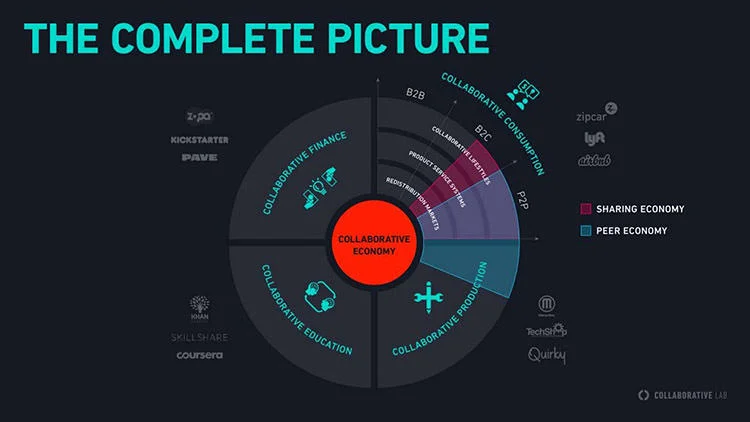Economist Arun Sundararajan tells us why he thinks the government should not regulate the sharing economy and that reputation replaces regulation.
In the sharing economy, reputation serves as the digital institution that protects buyers and prevents market failures.
This is a very controversial topic for the sharing economy, especially since the recent death of a six year old girl who was hit by an Uber contracted driver.
Check out the rest of Arun's article on Wired and let us know what you think. Should the government be involved in the sharing economy? If so to what extent?

